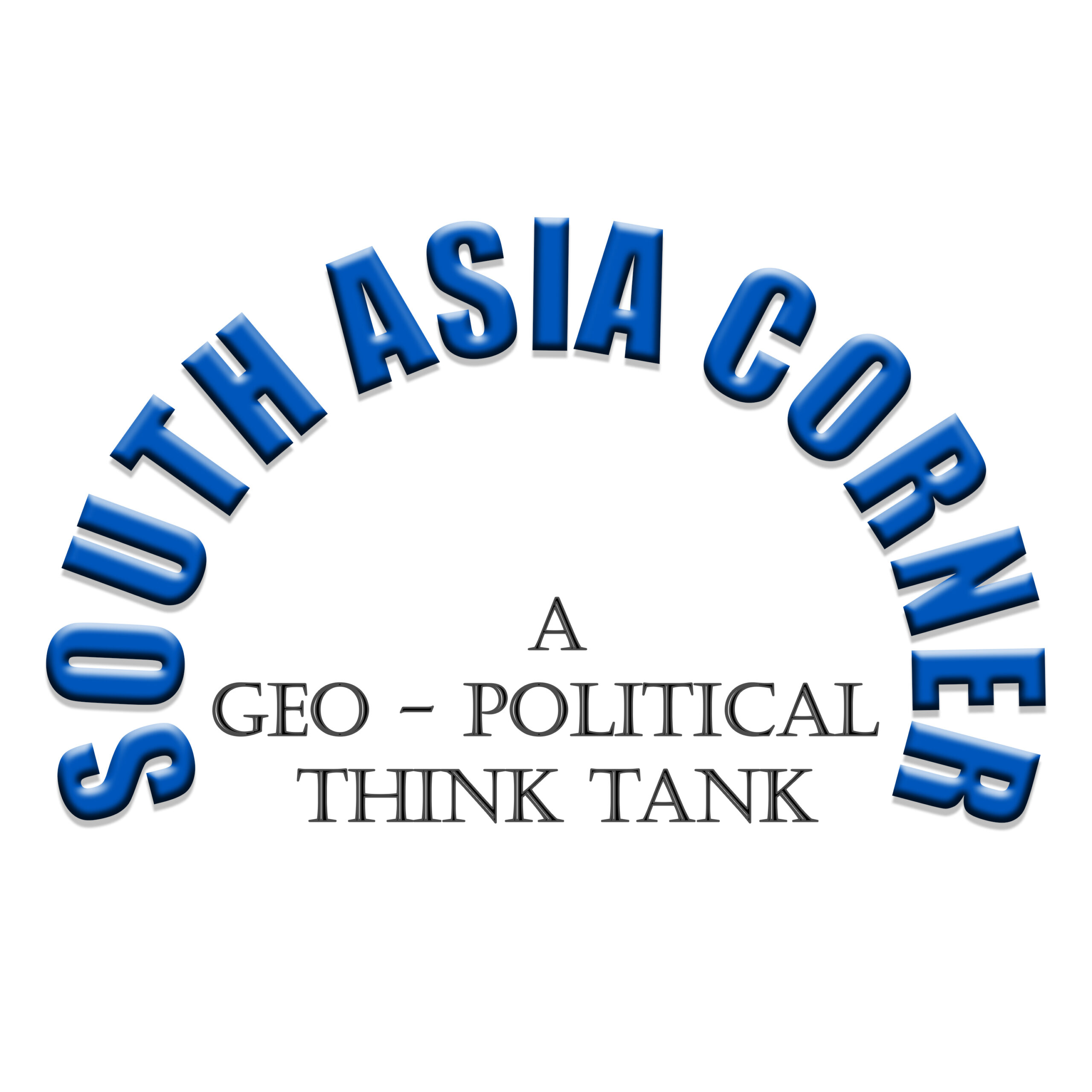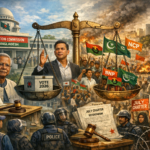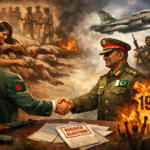Introduction
Pakistan is currently grappling with a mammoth economic crisis, plagued by militancy, religious segregation, negative GDP growth, and a tainted reputation stemming from its past involvement in terrorism. The question that arises is whether the economic woes the country faces today are a direct consequence of the atrocities committed during the 1971 genocide in Bangladesh. Let’s delve deeper into the factors contributing to Pakistan’s economic misery and their potential link to the events of 1971.
Economic Crisis and Historical Trauma
- The ongoing economic crisis in Pakistan is multifaceted, with roots that can be traced back to the genocide of 1971.
- The genocide in Bangladesh, marked by extra-judicial killings, arson, rapes, and the annihilation of unarmed Bengalis, had a lasting impact on the region’s economic stability.
- The exploitation of Bangladesh‘s resources, fuelled by racism and superiority complexes, created a power dynamic that continues to haunt Pakistan economically.
Leadership Crisis and Military Dominance
- Pakistan’s leadership crisis and military rule and interference have hindered the country’s progress and perpetuated economic disparity.
- The ruling elite and military hierarchy in Pakistan have been accused of siphoning off wealth to foreign banks while the general populace suffers from extreme poverty and lack of basic amenities.
- The military’s stronghold on the country’s governance exacerbates the economic woes and undermines civilian authority.
Global Perception and Terrorism Stigma
- Pakistan’s association with terrorism, exemplified by harbouring individuals like Osama bin Laden, has tarnished its global image and led to isolation and scrutiny.
- The world looks at Pakistan with suspicion and distrust, attributing the country’s economic struggles to its history of supporting extremist elements.
- Overcoming the stigma of terrorism will be crucial for Pakistan to regain international trust and restore economic stability.
Conclusion
The economic misery plaguing Pakistan today has deep-rooted connections to the events of the 1971 genocide in Bangladesh. The exploitation, discrimination, and violence unleashed during that period continue to reverberate through Pakistan’s socio-political landscape, contributing to its current state of distress. Addressing the leadership crisis, ending military dominance, and distancing itself from past associations with terrorism are imperative steps for Pakistan to break free from this cycle of economic turmoil and rebuild its reputation on the global stage. It’s time for Pakistan to confront its past and forge a path towards a more prosperous and inclusive future.






